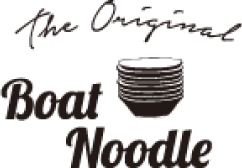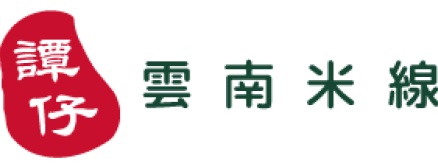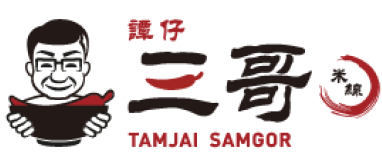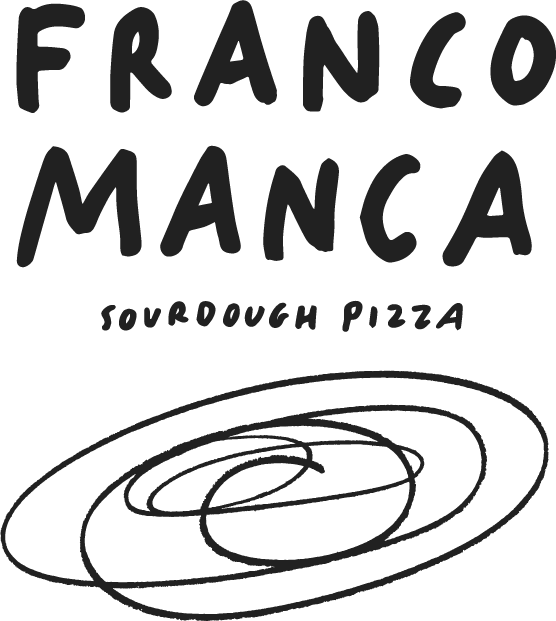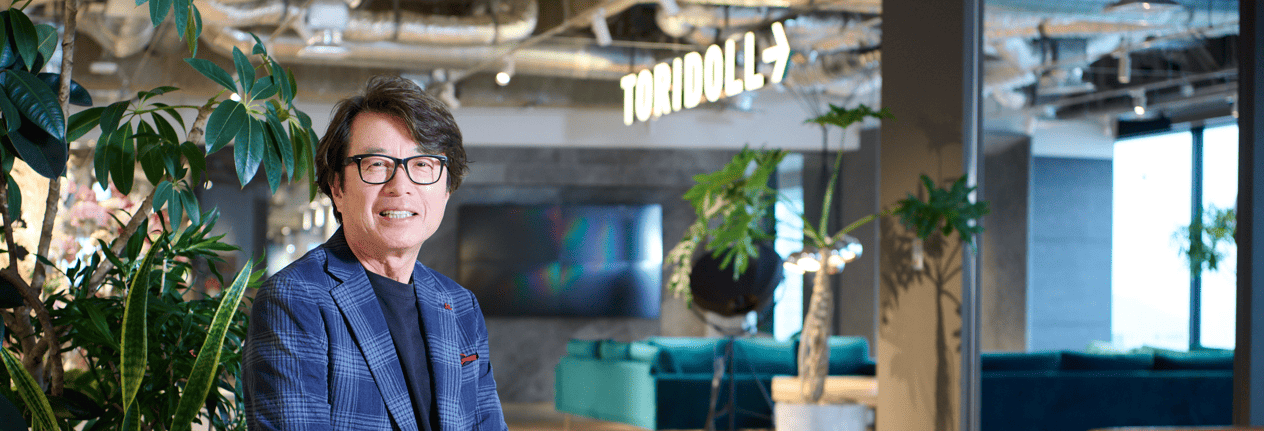
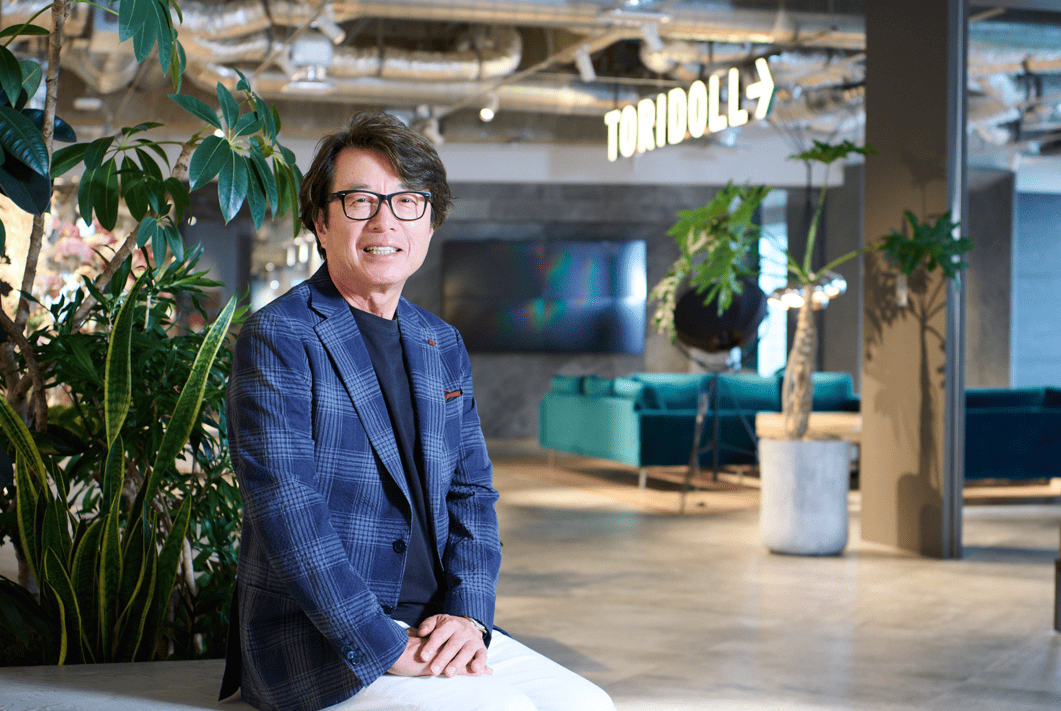
Employee "happiness"
Spreading "KANDO" to the world
Spreading "KANDO" to the world
As a "global food company"
We have entered a turning point to move forward.
We have entered a turning point to move forward.
The COVID-19 pandemic, which has affected not only the restaurant industry but all other industries, has subsided, and the Toridoll Group has also made a recovery. Now, in the fiscal year ending March 2024, we feel that we have been able to clearly present the concept of each brand to more customers, as the concepts of our 20 brands developed both domestically and overseas have been solidified.
Not only was Marugame Seimen strong, but the strong appeal of Kona's Coffee, which is based on the concept of "the closest Hawaii," has created a new customer base that is different from Marugame Seimen, which is a good example of this. In addition, Himeji-based pork bone ramen shop Ramen Zundoya, which joined the group in 2017, has entered a growth period, and freshly cut beef specialty store Niku no Yamagyu has seen thriving stores, and each business type in Japan has performed well. In addition, overseas, Fulham Shore (UK) and Tam Jai International (Hong Kong), which became subsidiaries in July 2023, led the increase in revenue. The balance between Marugame Seimen, domestic other businesses, and overseas businesses has been improved, and it feels like we have entered a turning point for us to move forward as a "global food company" that is our goal.
In the interim financial results for the fiscal year ending March 2025, sales are expected to reach their highest levels in the interim period in all segments: Marugame Seimen, domestic and others, and overseas businesses. However, due to factors such as impairment losses on unprofitable stores in the overseas business, full-year sales are expected to increase but profits decrease.
Eliminate the barriers between domestic and international
Employee "happiness" is the focus of the group's unification
Employee "happiness" is the focus of the group's unification
Although there are still many twists and turns to come, our overseas business is growing at roughly the same pace as our domestic business, or even at a pace that could overtake it. In light of this current situation, the Toridoll Group is intentionally getting employees who have been involved in our domestic business to also be involved in our overseas business, and is working hard to eliminate the barriers between domestic and overseas businesses and integrate them. Because we are approaching a turning point, we believe it is important for our employees to change their mindset by actually experiencing both domestic and overseas businesses.
It may be common for the overseas business department to be in charge of overseas business, but we believe it is necessary for all of us to work together as "One Toridoll." In fact, Marugame Udon, Inc. President Hiroshi Yamaguchi visits each of its "Marugame Udon" stores around the world, breaking down the barriers between regions and building a unified team. By gradually spreading such efforts, I feel that the fiscal year ending March 2025 will be a "year of progress in changing employees' mindsets." Now that the near future in which there will be more stores overseas than in Japan is becoming a reality, I believe it is important to intentionally unify.
"KANDO" would not be born without happy employees
Due to the popularity of ready-meals and food delivery, the soaring prices of food ingredients, and labor shortages, the restaurant industry has been leaning towards reducing manpower across the board. Against this backdrop, digital transformation through the introduction of food tech and other such initiatives has come into the spotlight. We have also begun promoting digital transformation, such as migrating our data centers to the cloud, transitioning our back offices to BPO, and abolishing our VPN network, but all of this is to provide freshly prepared food with great care and to give our customers an "experience value = moving experience." Reducing manpower just because it would reduce costs would mean losing our strengths. Rather, we understand that these are our strengths and should not be changed.
And it is undoubtedly "people" who create the "moving experiences" that we deliver to our customers. Until now, "KANDO" has increased customer satisfaction and made our stores prosper. We have considered "KANDO" to be the source of our growth as a company.
However, without the happiness of the people who work there, KANDO would not be born. KANDO and happiness are one and the same, and it is not a matter of weighing the happiness of the people working there against sales and choosing one or the other. In other words, they should be "balanced and compatible."
Turning the store you work at into your favorite place
When I share moving experiences with everyone through events such as the "Awata Mirai Juku" management school for on-site employees, which I head, and the "EATING MEETING" where small groups of employees at the head office share their opinions and experiences, I strongly feel that what is necessary to increase the profits of the company is the "feelings" and "actions" of the people who work there. This may seem a little abstract, but if the people who work there can become friendly with each other, praise each other, and become a "team" that helps each other, fewer people will quit the company, and the atmosphere of the store will improve. If the atmosphere of the store is good, customers will come. As a first step, I thought it was important to make the store where I work a "favorite place," so I decided to focus on an attempt to focus on the "happiness" of the people who work there.
For example, when designing a store, we have traditionally considered the layout and interior design of stores with an emphasis on how to provide an inspiring experience from the customer's perspective. From now on, we will also consider the perspective of the staff who work there. As a specific example, Marugame Seimen Higashine store (Yamagata Prefecture), which opened in spring 2024, has a staff room that is nearly twice as large as before, allowing staff to take a leisurely break. Although this is an initiative that has just begun, it has been very well received by employees at the Higashine store. We will expand our efforts while examining what kind of results such stores will produce in terms of store performance.
Actively adopting digital transformation to promote communication
We have developed a unique employee communication app with the aim of maximizing EX (employee experience value) by creating a space where employees working at the Toridoll Group can connect across distance (region), brand (business type), and role, and share their thoughts on achieving "happiness" and "KANDO."
Within the app, you can share the "happiness" of each store and your gratitude to your colleagues. By visualizing "happiness" and "KANDO" as scores based on the number of posts to the app, we can analyze and prove that, for example, "stores with energetic employees who love the store do have higher sales," and we would like to communicate this result to our employees. The more employees realize this, the more it will encourage other stores to become more lively, and we hope that it will eventually become part of the company culture.
Increasing activities in the sustainability field
In the area of sustainability, the issues and direction have not changed significantly, but we have placed "happiness" at the center of the coordinate axis and reviewed ESG materiality (important issues) in light of this. We deliver "moving experiences" through food, but on top of that, it is essential to think about realizing a sustainable society, and in a broader sense, the Earth. Although a company should be protected by society in some way, I feel that business is based on the ego of the company.
It is not enough for our own company to do well; we should work together with various stakeholders, including society and our customers. Through these ideas and activities, we will increase our activities in the field of sustainability so that we can become a "company that many customers want to support."
Everyday foods that originated in Japan
Aiming for a future where it is commonplace to eat it all over the world
Aiming for a future where it is commonplace to eat it all over the world
Japanese industries are not limited to Japan, but are also developing overseas, with many companies in the industry having more overseas revenue than domestic revenue. Even among these many rapidly growing industries, I believe that the restaurant industry is a very large industry with the potential to continue expanding in the future.
The restaurant industry stagnated for a time due to the COVID-19 pandemic, but the domestic market size is expected to exceed 30 trillion yen, and there are not many industries with a similar scale. It is also an industry that supports more than 5 million jobs, and I believe it is an industry that needs to grow more. On the other hand, it is an industry that has had a sufficient market within Japan for a long time, and the timing of its expansion overseas was delayed, resulting in it becoming "Galapagos-like."
We want to boldly go overseas and create a new path for the restaurant industry by earning higher profits overseas than at home. Of course, Japanese food is already highly regarded around the world, but it is mainly a high-end meal. I want to spread everyday food like udon, which is familiar to everyone, all over the world. I want to create a future with my colleagues where "people all over the world enjoy eating 'udon', regardless of when or where it was born."
As a constantly growing company,
The Toridoll Group will continue to exist
The Toridoll Group will continue to exist
I believe that eating out is not just about providing a product, but is a form of "leisure" that provides an "experience." Regardless of whether customers perceive it as leisure, we should propose the enjoyment of "leisure" in everyday meals. Rather than offering extravagant, high-end, out-of-the-ordinary meals, I would like to propose this in the context of "everyday meals," such as udon noodles.
In an age where a variety of meals are easily available through delivery services and convenience stores, why would people change clothes and go out to eat? It's because eating out is a form of "leisure," and if it's not "leisure," the meaning of eating out will gradually fade. We aim to be a company that continues to grow while taking on various initiatives to create restaurants that people will want to go out of their way to eat at. We want to be a company where growth is not something special for us, but something that is natural.
The business environment is expected to become even tougher with a shrinking productive labor force and declining birthrate. Even in such circumstances, if the Toridoll Group aims to create stores that continue to attract customers and employees and that employees feel are their home, it will naturally lead to providing comfortable places and services for customers as well. Creating such a place may take time and we understand that it is difficult, but we will definitely achieve it and become "a global food company that paves the way to the future with unpredictable evolution."
Please look forward to the future of the Toridoll Group.
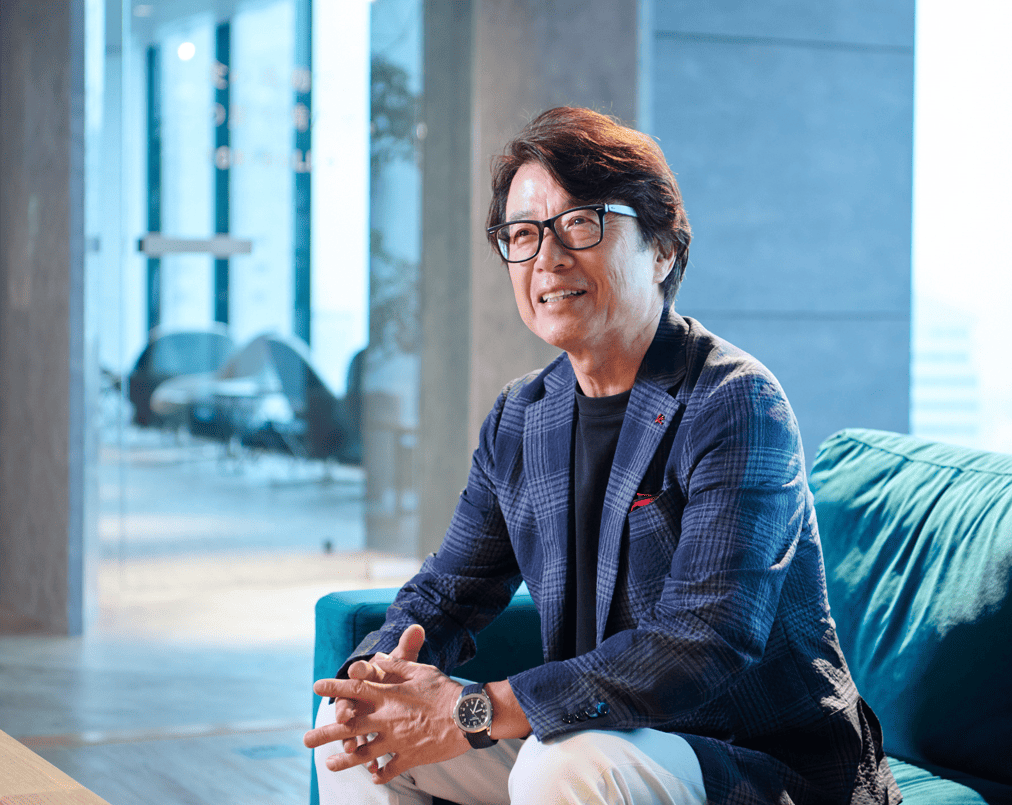
TORIDOLL Holdings Corporation
President and CEO

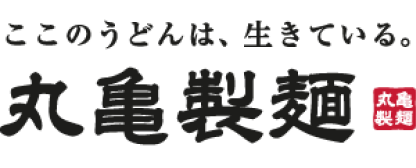


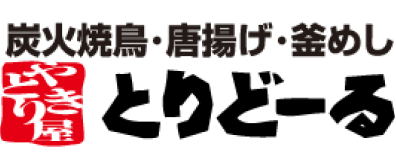
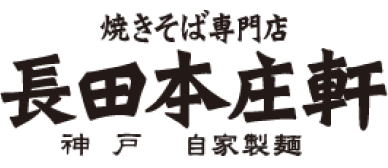

.png)


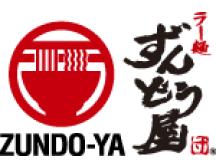

.png)
